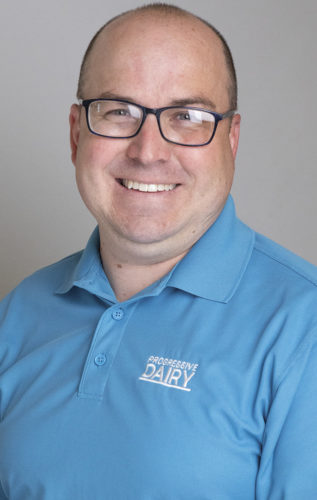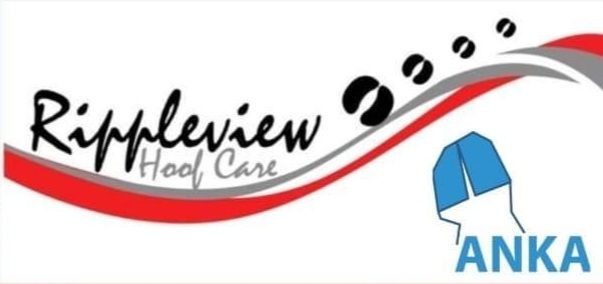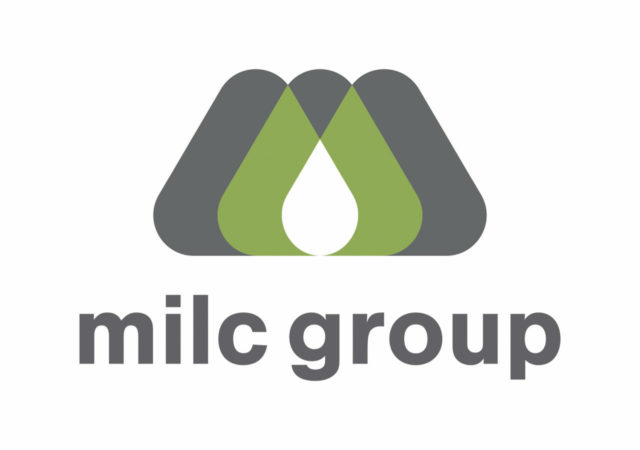Progressive Dairyman has received more comments and feedback about tail docking than any other issue since the debate about supply management and margin projection in the 2014 Farm Bill. It’s one of those issues dairy producers have strong opinions about one way or the other.
In this magazine is a question-and-answer with NMPF’s Vice President of Animal Care Emily Meredith. (See 3 open minutes with Emily Meredith) The conversation includes replies to questions we’ve received over the past several months about the FARM program’s decision to change when its standard on tail docking would be phased out.
NMPF maintains that producers still have “the right to choose” to tail dock or not to tail dock. However, if an individual dairy chooses to tail dock, then its production will become part of the less than 10 percent of U.S. milk not using the practice. The dairy will also likely need to find a new home for its milk.
In my opinion, the biggest angst and frustration that has come out of the debate and discussion on this issue is the feeling that producers’ voices are not being heard. I agree there is room for improvement.
The most common reaction I’ve heard is: Who is it that is making these decisions? Have they ever been hit in the face with a manure-laden tail before? Surely, they can’t be dairy producers?
You ought to know who is making those decisions. The pie chart below lists the share of voice by job description for the committees who influence NMPF’s FARM program standards. We’ve printed a list of the names of each individual with influence (at the end of this article).

In brief, two committees steer the industry’s animal care standards – a technical writing group and an advisory committee.
I’d liken the technical writing group’s influence when it comes to animal care standards to that of the College Football Playoff committee. They are charged with analyzing field data and making sure the dairy industry’s welfare practices pass “the eye test.”
Meredith said of this group’s meetings: “We have stacks of research and papers around the table … They bring all the latest research and latest information, and we discuss it as a committee. Or I should say we debate it. That’s probably a more apt word.”
Veterinarians, academics and researchers fill a majority of the seats for this technical writing group. Only two of the group’s 18 members are current dairy farmers, although the chair of the group, Karen Jordan, is a current dairy farmer and veterinarian.
The recommendations of the technical writing group are made available for public comment. All comments and the recommendations to revise the FARM program are passed to NMPF’s Animal Health and Well-Being Committee.
The committee must ratify the changes. Seats on this 34-member committee are NMPF-appointed. Thirteen of the committee’s members are current dairy farmers.
In our opinion, as with many industry-wide issues, the share of voice dairy farmers have in decisions could be improved. The setup of these committees reinforce the need for individual dairymen to hold their colleagues who are co-op representatives or their co-op’s paid executives accountable. We acknowledge that NMPF’s co-op structure isn’t a democracy; it’s more of a republic with power meted out proportional to share of milk supply.
Yet if you’re not happy with how animal care decisions are going, you can influence at least one or maybe two of those who are supposed to be voting and ratifying changes that represent your views. Ask them your questions or give them your comments about recent or pending changes to animal care standards. Let them know how you feel.
Also, listen to what they have to say in response. Everyone will benefit from this approach, and future outcomes will truly represent a united front. PD

-
Walt Cooley
- Editor-in-chief
- Progressive Dairyman
- Email Walt Cooley
FARM program’s Technical Writing Group members:
Karen Jordan*, DVM
Dairy Farmers of America Member
Antone Mickelson
Northwest Dairy Association
David Darr
Dairy Farmers of America, Inc.
John Mahoney
Land O’Lakes, Inc.
Kevin Olson
Prairie Farms Dairy, Inc.
Gatz Riddell, DVM
American Assoc. of Bovine Practitioners
Nigel Cook, DVM
University of Wisconsin
Nina Von Keyserlingk, Ph.D.
University of British Columbia
Cassandra Tucker, Ph.D.
University of California-Davis
Marcia Endres, Ph.D.
University of Minnesota
Josh White
National Cattlemen’s Beef Association
Branden Treichler, DVM
Select Milk Producers
Paul Humphrey
Foremost Farms USA
Keri Retallick
Praedium/Validus
Steve Maddox*
Dairy Management, Inc. Board Member
Richard Doak, DVM
Maryland & Virginia Milk Producers Cooperative Assn.
Chase DeCoite
National Cattlemen’s Beef Association
Tim Raasch
Land O’ Lakes, Inc.
NMPF Animal Health & Wellbeing Committee members:
Jim Jacquier*
Michael Barnes*
Agri-Mark, Inc.
April Johnson
Associated Milk Producers Inc.
Michael Myatt
Cooperative Milk Producers Association
Randy Mooney*
Jerrel Heatwole*
Leon Graves
David Darr
Dan Senestraro*
Garrett DeVries*, DVM
Karen Jordan*, DVM
Dairy Farmers of America, Inc.
Kelly King*
FarmFirst Dairy Cooperative
Chuck Nelson
Clint Fall
First District Association
Mike O’Brien
Foremost Farms USA
John Mahoney
Land O’Lakes, Inc.
Rodney Ervin
Lone Star Milk Producers
Mike John
Maryland & Virginia Milk Producers Cooperative Association
Velmar Green*
Michigan Milk Producers Association
Jamie Jonker
Ryan Bennett
Jim Mulhern
Emily Meredith
National Milk Producers Federation
Bill Wavrin*
Antone Mickelson
Northwest Dairy Association
Kevin Olson
Prairie Farms Dairy, Inc.
Leon Weaver*
Walt Guterbock*, DVM
Select Milk Producers, Inc.
Stephen Ford
Southeast Milk, Inc.
Tom Gates
St. Albans Cooperative Creamery, Inc.
Tom Tegeler
Swiss Valley Farms Company
Mark Wustenberg, DVM
Tillamook County Creamery Association
Tom Thompson*
United Dairymen of Arizona
Mike Davis
Upstate Niagara Cooperative, Inc.
*Current dairy farmer
Highlighted text - Individual serves on both committees
PHOTO: Holsteins with docked tails line up at a dairy. Staff photo.






